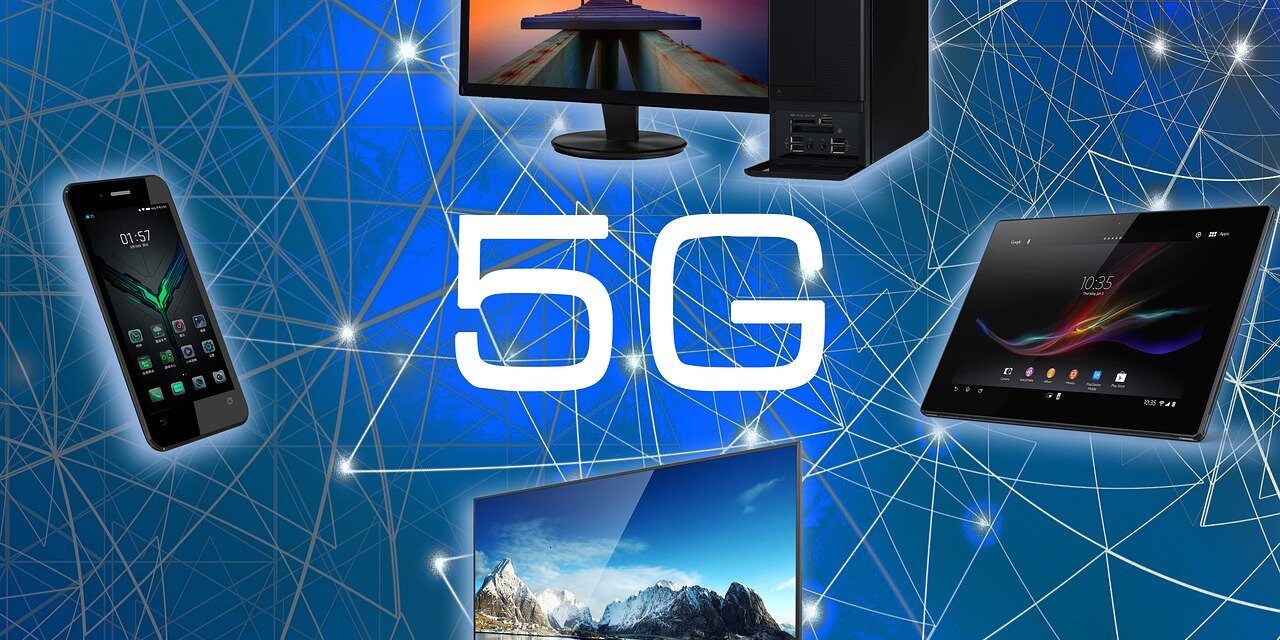Introduction to Advancements of 5G Technology
Advancements of 5G Technology In an increasingly interconnected world, the race to improve connectivity and data transmission speeds has been relentless. The emergence of 5G technology has promised to revolutionize the way we communicate, work, and play. As we stand on the cusp of a new era in telecommunications, it’s essential to understand the impressive advancements of 5G technology and the impact it is set to make on our lives.
The Evolution of Connectivity
Before diving into the specifics of 5G, let’s take a moment to appreciate the journey that has led us here. From the early days of dial-up internet to the introduction of 4G LTE, the quest for faster, more reliable connectivity has been a constant theme in the tech world.
Each successive generation of wireless technology brought us closer to seamless communication and high-speed data transfer, and now, with the advent of 5G, we are on the verge of a breakthrough that will redefine what is possible.
5G: The Basics
5G stands for the fifth generation of wireless technology. It represents a massive leap forward from its predecessor, 4G, in terms of data speeds, latency, and overall network performance. The key advancements that make 5G so impressive are:
- Blazing Fast Speeds: One of the most remarkable features of 5G is its sheer speed. It can deliver data at speeds up to 20 Gbps, which is 20 times faster than the highest speed offered by 4G. This means that downloading and streaming content will be almost instantaneous.
- Low Latency: 5G drastically reduces latency, or the time it takes for data to travel from the source to the destination. With 5G, latency is reduced to a mere 1 millisecond, making it ideal for applications like online gaming and augmented reality.
- Enhanced Capacity: 5G can handle a much larger number of connected devices simultaneously. This means no more network congestion, even in densely populated areas or at large events.
- Improved Reliability: The reliability of 5G is a significant improvement. It ensures consistent connectivity for critical applications, like autonomous vehicles and remote surgery.
Impact on Industries
The advancements in 5G technology are set to have a profound impact on various industries:
- Healthcare: Telemedicine and remote surgery will become more feasible with 5G’s low latency and high reliability, allowing doctors to provide care from a distance with precision.
- Autonomous Vehicles: 5G will be crucial for the successful implementation of self-driving cars. The low latency and high-speed data transfer will enable real-time communication between vehicles and infrastructure, making roads safer.
- Entertainment: The gaming industry will benefit from 5G, as it allows for seamless online gaming experiences. Streaming high-quality 4K and even 8K content will become the norm.
- Smart Cities: 5G will be the backbone of smart cities, enabling efficient traffic management, energy consumption, and enhanced public services.
Challenges and Concerns
While the advancements in 5G technology are exciting, they also come with challenges and concerns. These include issues related to security, privacy, and the potential digital divide. As we move forward with 5G, addressing these concerns will be essential to ensure that the technology benefits all.
Conclusion of Advancements of 5G Technology
5G technology is on the verge of revolutionizing the way we connect, work, and play. Its impressive advancements in speed, low latency, capacity, and reliability open up a world of possibilities across various industries. As we continue to embrace this new era of connectivity, it’s crucial to stay mindful of the challenges and ensure that 5G is a force for positive change. With 5G, we are on the brink of a new era of connectivity that promises to be truly transformative.





